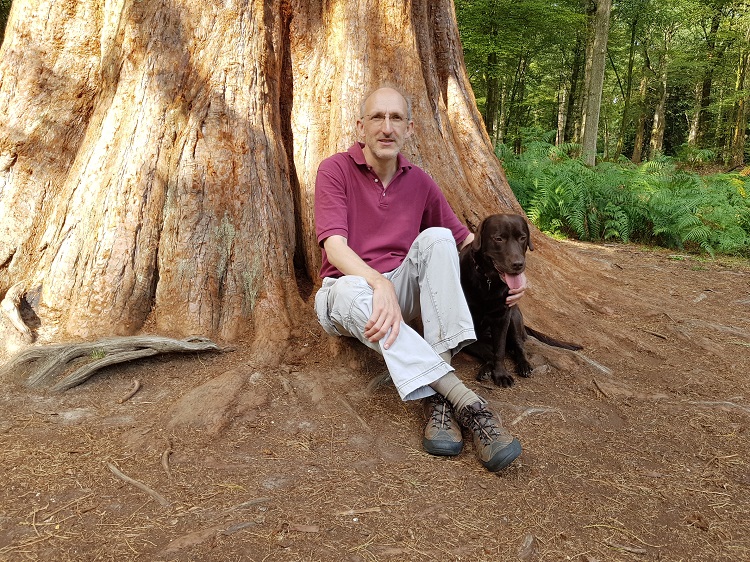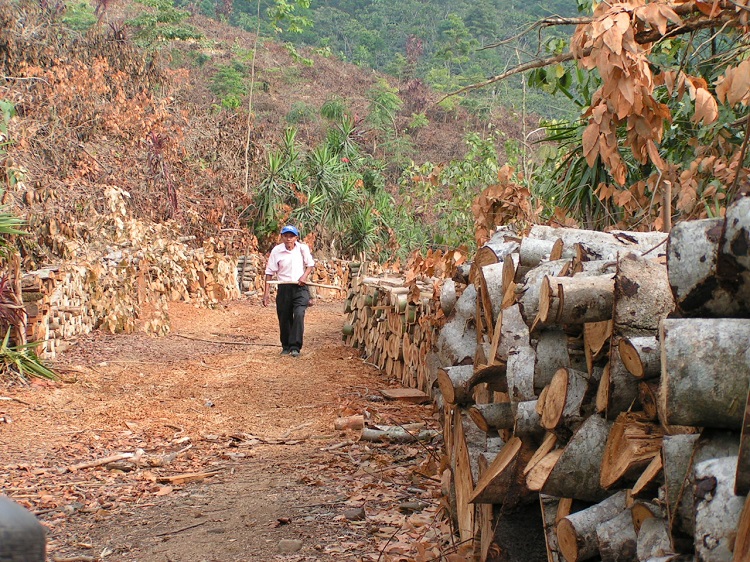With a growing global population, the need to produce more food is ever present. For decades, unsustainable farming practices have produced myriad negative impacts on the environment. How can we increase agricultural productivity for an adequate food supply while conserving the environment? This is the central question in an Inaugural Professorial Lecture to be given by NRI’s Professor Jeremy Haggar on Wednesday 20th March 2019 at the University of Greenwich’s Medway campus.
 “Since my training as an ecologist at Cambridge University, I have sought to apply an understanding of ecological systems to the challenge of increasing agricultural productivity while conserving the environment,” says Prof Haggar. “While seeking to apply ecological principles to agroecosystem design with farmers in Costa Rica, I came to realise that social and economic drivers of sustainability are as important as ecology.” Prof Haggar subsequently spent 20 years in Central America working with thousands of farmers and their organisations to produce ecologically and to develop sustainable livelihoods. Upon returning to the UK and based at NRI, he seeks to apply that experience with African researchers and farmers to building sustainability in their agricultural systems.
“Since my training as an ecologist at Cambridge University, I have sought to apply an understanding of ecological systems to the challenge of increasing agricultural productivity while conserving the environment,” says Prof Haggar. “While seeking to apply ecological principles to agroecosystem design with farmers in Costa Rica, I came to realise that social and economic drivers of sustainability are as important as ecology.” Prof Haggar subsequently spent 20 years in Central America working with thousands of farmers and their organisations to produce ecologically and to develop sustainable livelihoods. Upon returning to the UK and based at NRI, he seeks to apply that experience with African researchers and farmers to building sustainability in their agricultural systems.
Professor Haggar’s research interests are focused on understanding the trade-offs between agricultural production and ecosystem services, and how to facilitate sustainable agricultural development in developing countries. Addressing these questions, he is Research Director of the Sustainable Agricultural Intensification Research and Learning Alliance in Africa (SAIRLA) programme funded by DFID.

Prof Haggar is committed to helping improve the livelihoods of poor farmers, whether in Central America or Sierra Leone, understanding what types of interventions could help farmers generate improved incomes, without destroying their environments. This includes how to develop and manage multi-disciplinary interventions integrating ecological production, business organisation and marketing of sustainable products.
The lecture will be followed by refreshments, during which time Prof Haggar will be available to discuss his work.
To book a free place or for more information please contact: Heather McAvoy-Marshall, tel: 01634 883911 or email: h.m.mcavoy-marshall@gre.ac.uk by Wednesday 13th March 2019.
Download the lecture flyer here .